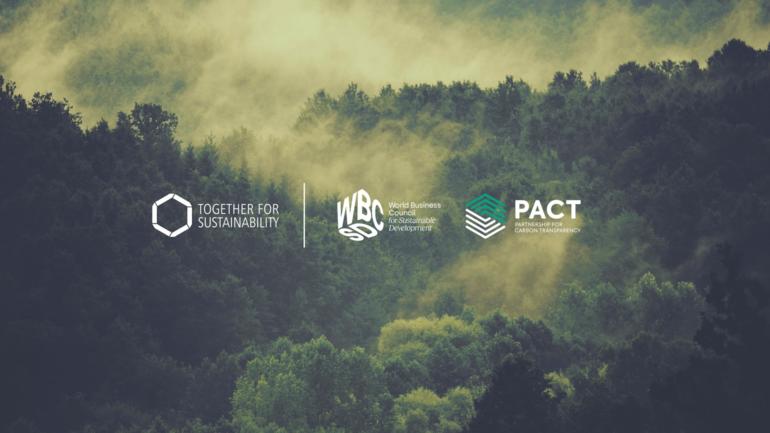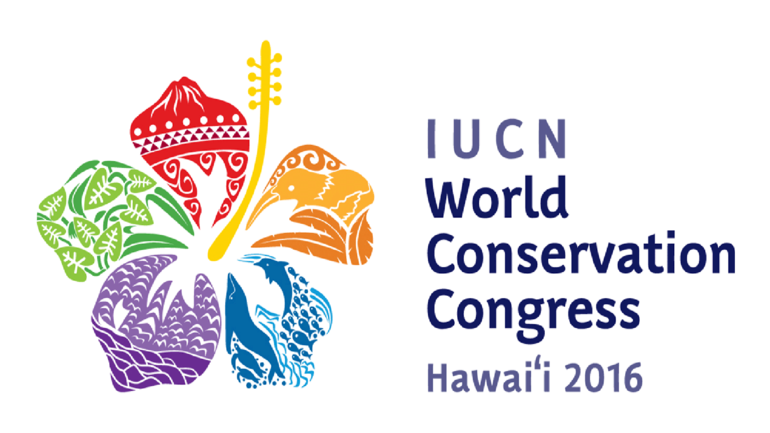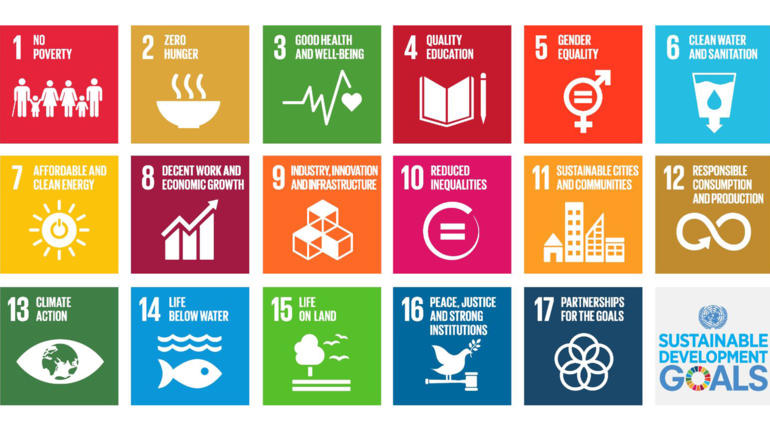Geneva, 6 February 2014 - Launched in November 2012, the WBCSD’s “Reaching Full Potential” Chemicals project aims to help the chemical sector harmonize approaches to sustainability measurement and define collaborative value chain solutions in order to scale up sustainable business solutions across the sector’s value chains.
In Davos, the project’s four co-chair companies – AkzoNobel, DSM, Evonik and Solvay – met with WBCSD President Peter Bakker, and unanimously endorsed the usefulness of the project, including the work its done to develop sector guidelines on how to calculate avoided greenhouse gas emissions through chemical products and solutions, as well as environmental product life cycle guidance to be published early this year.
Project co-chairs encouraged the WBCSD chemicals project to keep working with the chemical sector value chain in 2014 to bring existing sustainable solutions to market faster – with a specific focus on the automotive, construction and packaging sectors. This year, the project also plans to develop guidelines to help the chemicals sector credibly and consistently assess the impact it has on a variety of social benefits, including improvements to health and safety, community care and food security, to name only a few. CEO members in Davos also encouraged the WBCSD to bring more members on board in 2014 to increase the outreach and impact of the project.
"The chemicals sector provides solutions across nearly all of today's industrial value chains, from automotive, to construction, to packaging. Together with their extensive value-chain stakeholders, the WBCSD Chemicals group is in a pivotal position to catalyze upstream and downstream sustainable changes,” says WBCSD President Peter Bakker.
There are currently 10 member companies in the WBCSD’s “Reaching Full Potential” chemicals project (AkzoNobel, BASF, DSM, Eastman Chemical, Evonik, Henkel, Mitsubishi Chemical, Siam Chemical Group, SABIC and Solvay) and 2 partner organizations (CEFIC/ the European Chemical Industry Council and ICCA/the International Council of Chemical Associations). The co-chairs will be meeting again within a year to review the progress made.
The WBCSD’s Chemicals project supports the nine overarching priority areas of the Action2020 initiative. Action2020 is a science-based plan, led by the WBCSD in collaboration with member companies and leading international organizations, that seeks to engage companies across the globe to implement innovative and scalable business solutions and improve the business case for sustainability.








